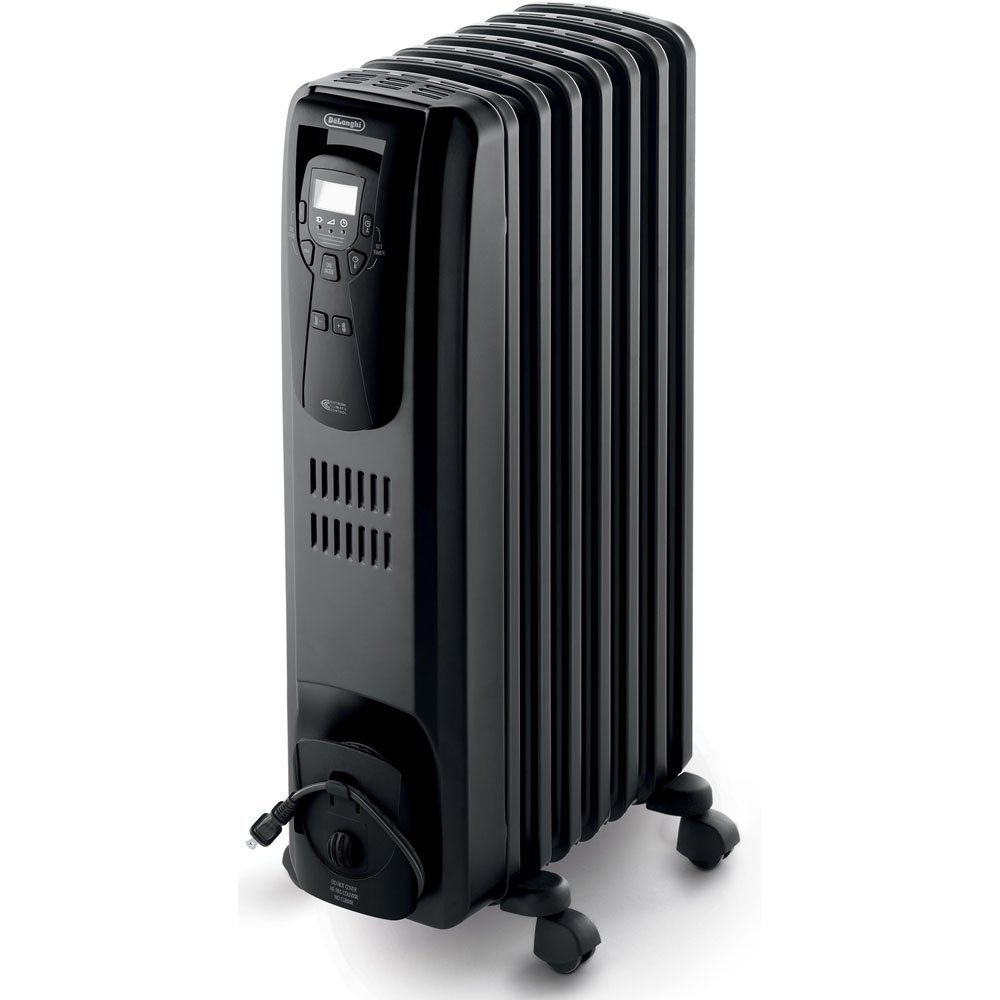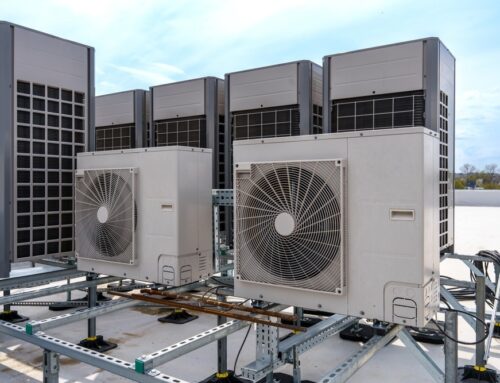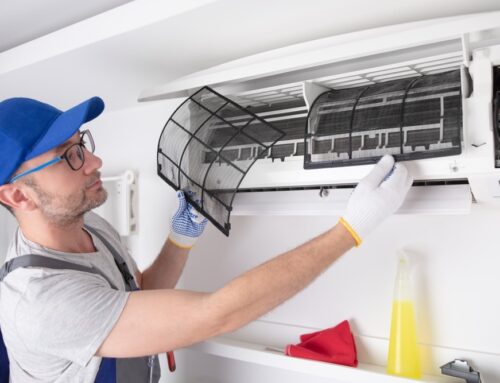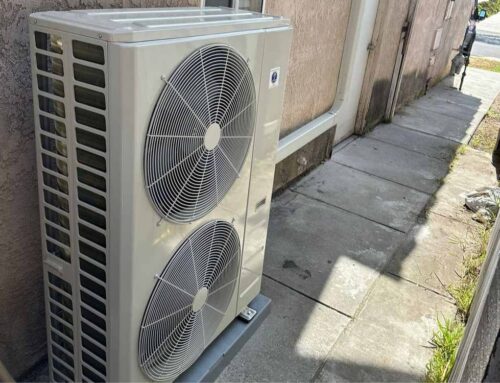Unlike most wall heaters or portable heaters for that matter, an oil heater is heater ran by oil – hence the name. Although they used to be much more common, they are still popular and useful for use today. Especially for small to medium spaced areas, an oil heater may be just what you are looking for.
First thing’s first – it must be stated that oil heaters are definitely not as cost efficient or cleaner than electric or gas heaters, they are still a common household product. Mostly used in bathrooms and other small sized areas, oil heaters are a perfect fit for people who do not like to use useless energy to warm specific spots in their homes that have trouble retaining heat. Another small downfall of an oil heater is the range of the heat. What is meant by this is simple – gas heaters and some electric heaters, have a larger range. However, for gas heaters, it not recommended that you use them in bathrooms, bedrooms or any confined space. This is because confined spaces have a limited supply of oxygen and the emissions produced by the gas heater makes us in small, confined areas unhealthy.
Speaking in terms of heating efficiency, there are several different criterions that needs to be taken into consideration:
- Efficiency of the heater at convening electricity to heat
- Efficiency of heating a room to optimal levels, given a specific amount of power
- Efficiency of the heater to change different heating levels
- How long the heater can keep a room at an effective temperature
There are a few more points that can also be taken into consideration but these seem to work the best and are the easiest to determine without a number of tools. The majority of these ‘checkpoints’ will test the strength or efficiency, of your oil heaters thermostat and radiator. The more efficient these two components will also determine what the high specific heat capacity on your heating unit is.
Like stated beforehand, the typical oil heater will not have the same range as the electric or gas powered heater. Here are some different types of heaters that use oil:
- Waste oil-fired thermostat-controlled heater
- Ductable waste oil heaterOil filled radiator heater
- These are just a few of the most popular, typical, oil heaters.
Relatively, they all work the same way; using the oil as a heat reservoir or a heating element. The oil is heated up and then, by using the thermostat, used as an energy source to provide heat. The thermostat also allows the heater to prevent inefficient heating.
For best results, it is best to keep the oil heater in an open space, like a bathroom, bedroom, basement or garage. The more air that is exposed to the metal, the more effective the heater will be. Keep in mind the safety and features that come with the heater and keep small children away from the metal and radiator. This can be the hottest part of the oil heater and should not be touched unless cool.




